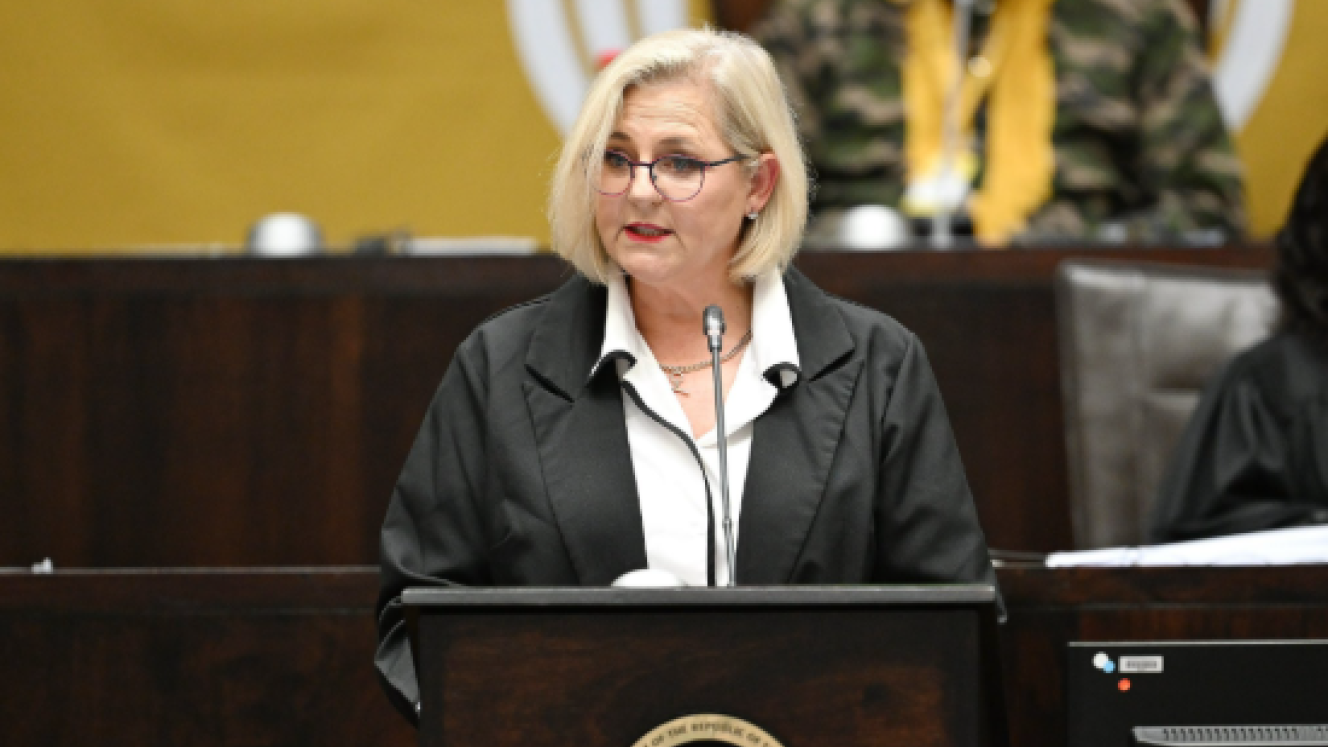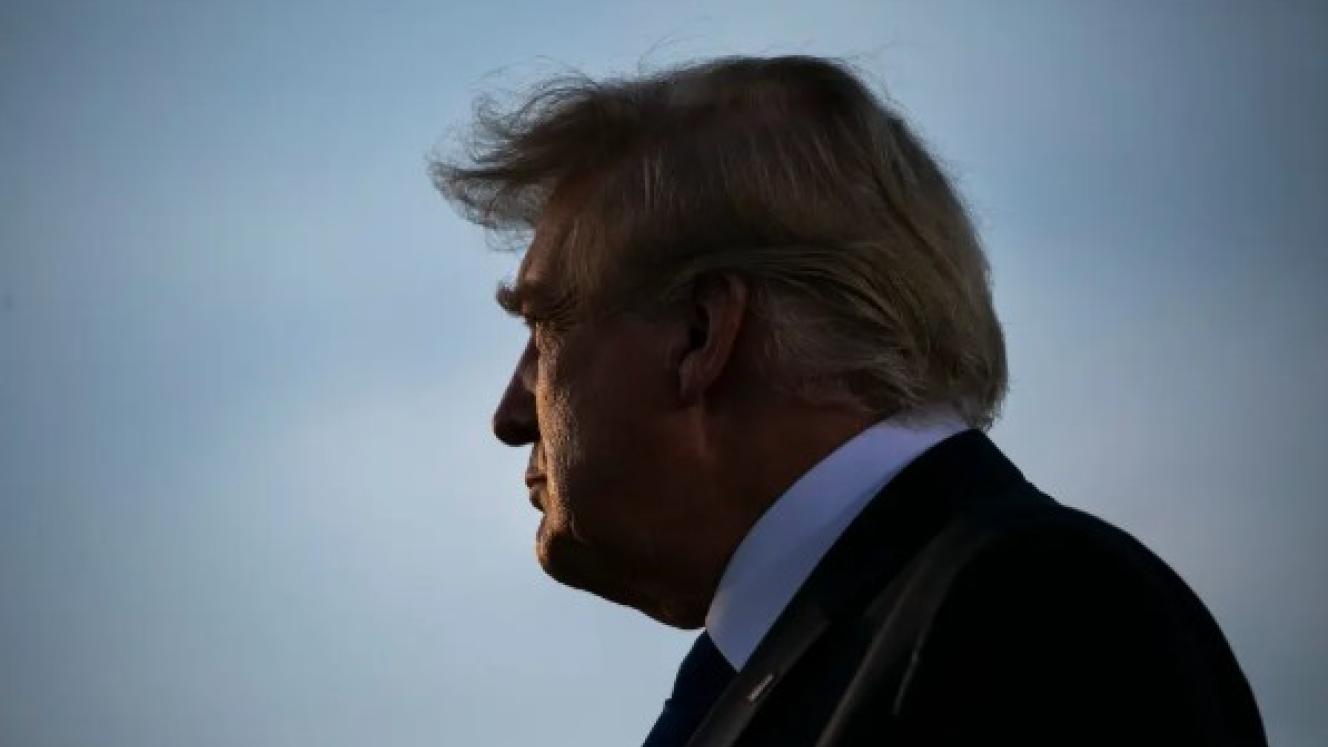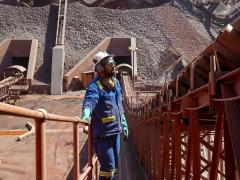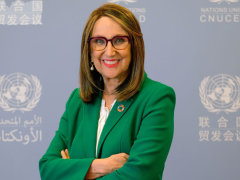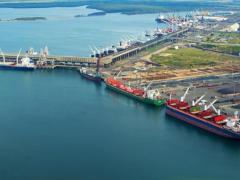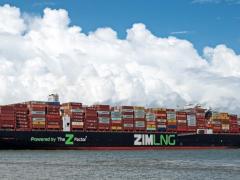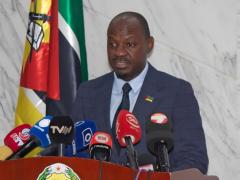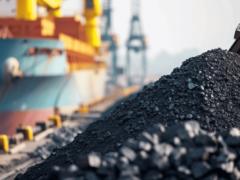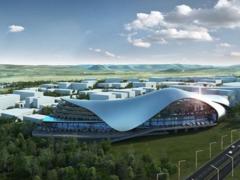The renewable energy industry is a “defining opportunity” for African countries to leverage its resources to re-industrialise, create dignified employment opportunities for youth, and power a new wave of skills development.
This is according to Deputy Minister of Electricity and Energy, Samantha Graham-Maré, who was speaking at a side event of the G20 4th Energy Transitions Working Group (ETWG) meetings.
“For Africa, this is the defining challenge and the defining opportunity of our century. Our continent holds 60% of the world’s best solar resources, vast wind potential, and many of the critical minerals that underpin the global clean energy economy. But our greatest asset is our people. Young, innovative, and ready to build,” Graham-Maré said.
“This combination gives Africa the chance to leapfrog into a new era of re-industrialisation, one that connects renewable energy to manufacturing, beneficiation, and regional value chain development.”
Graham-Maré said the continent’s vast resources could be turned to sources of economic growth.
“It means using our solar and wind energy to manufacture green steel, electric mobility components, hydrogen derivatives and the equipment needed for the energy transition itself.
“It also means designing this growth to be inclusive, creating dignified jobs for our youth, supporting small businesses and ensuring community sharing the benefits.”
She cited the Atlantis Special Economic Zone (SEZ) near Cape Town and the Coega Industrial Development Zone (IDZ) in the Eastern Cape as models of this transformation.
The Atlantis SEZ is a hub for local manufacturing of renewable energy components while Coega IDZ is positioned as a hydrogen export hub.
“These hubs represent more than clusters of factories. They are ecosystems of innovation. They bring together clean energy supply, industrial activities, research institutions, and communities in a single integration level. When done right, they can transform regional economies and demonstrate how industrial policy, energy policy, and social policy intersect.
“But we are still in the very early stage of this journey. Scaling such efforts will require coordinated investment, enabling policy frameworks and, above all, strong partnerships.
“Building green industrialisation hubs is not something any single sector can do on its own. It is about systems working together. It starts with policy coherence, aligning industrial, energy, and trade policies, so that clean energy doesn’t just power homes, it powers factories,” she said.
Co-development of technology, de-risking investment capital and public-private partnerships are also key to Africa’s renewable energy re-industrialisation.
“This is how we build an industrial transition that is coordinated, inclusive and sustainable. Each of these levers, policy, skills, technology, finance, forms part of a wider system, that would determine whether Africa can industrialise sustainably and competitively.
“This is where the G20 leadership is vital. G20 economies hold the policy tools, capital and markets that can help unlock a just and inclusive industrial transition in the global south.
She said true G20 leadership meant recognising sustainable industrialisation in Africa was not peripheral to the global energy transition.
“It is central to it. It means viewing Africa not as a recipient of technology, but as a partner. We need predictable climate finance frameworks, open and fair trade for low carbon goods and platforms for …co-investment.”
She said South Africa’s G20 Presidency was committed to creating platforms for collaboration – bringing together governments, industry and international partners to “connect clean energy, manufacturing and innovation so that each strengthens the other”.
“These efforts are part of a broader movement to build capacity, share data, and accelerate sustainable industrialisation across the global south.”
Graham-Maré acknowledged that as the energy transition gained momentum, South Africa would not leave behind those industries and communities tied to coal-intensive sectors.
“We will bring them with us, turning former coal regions into new green industrial hubs, and giving proud workers new opportunities for the future.
“If we get this right, Africa will not only power its own development, it will help power the world’s transition to sustainability. This is not just about energy or industry. It’s about dignity, opportunity and agency.”– SAnews.gov.za
